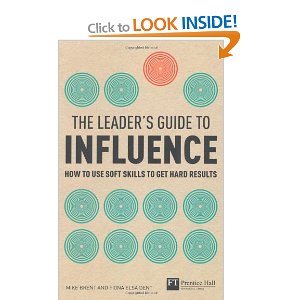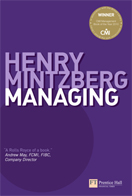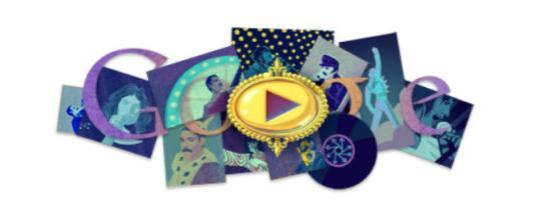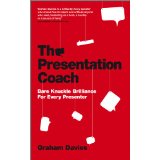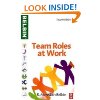 Belbin’s renowned Team Role theory is a familiar concept for managers and management trainers across the world.
Belbin’s renowned Team Role theory is a familiar concept for managers and management trainers across the world.
Team Roles at Work is the best-selling, second book, written by Meredith Belbin, designed for any manager who wants to understand the practical application of Team Role theory.
Chapter 1 – How roles at work emerged
Chapter 2 – The qualifications mystery
Chapter 3 – Emergence of a Team Role language
Chapter 4 – Eligibility versus suitability
Chapter 5 – Coherent and incoherent role profiles
Chapter 6 – Interpersonal chemistry in the workplace
Chapter 7 – Managing difficult working relationships
Chapter 8 – A strategy for self-management
Chapter 9 – The art of building a team
Chapter 10 – The management of succession
Chapter 11 – Leadership of the modern world
Chapter 12 – The changing shape of organisation
I found Chapter 9 – The art of building a team – particularly useful:
Identifying needs:
Key figures at this stage are individuals with a good awareness of goals. Shapers and Co-ordinators make their mark strongly in this area.
Finding Ideas:
It is often easier to formulate an objective than to decide how that objective can be achieved. Nothing begins to happen until someone has some ideas on how to proceed. Here Plants and Resource Investigators have a crucial role to play.
Formulating Plans:
Thinking about how it is all going to happen involves two prime objectives. One entails setting out and weighing up the options, so providing pointers to the right decision. The second demands making good use of all relevant experience and knowledge so that any plans developed have the stamp or professionalism upon them. Monitor Evaluators make especially good long-term planners and Specialists also have a key role to play at this stage.
Making contacts:
No plan is ever accepted unless people are persuaded that an improvement is in prospect. Ideas and plans need to be championed by cheerleaders who can drie home their value and win over the doubting Thomases. This is an activity in which Resource Investigators are in their element. But whipping up enthusiasm is not enough. Each new practice conflicts with the old one. Some disturbed group will need to be appeased. The best appeasers are Teamworkers.
Establishing the organisation:
One can never be sure that anything is going to happen until plans are turned into procedures, methods and working practices so that they may become routines. Here Implementers are in their element. These routines, however, need people to make them work. Getting the people to fit the system is what Co-ordinators are good at.
Following Through:
Too many assumptions are made that all will work out well in the end. Good follow-through benefits from the attentions of concerned people. This is where Completer-Finishers make their mark. Implementers, too, pull their weight in this area, for they pride themselves on being efficient in anything they undertake.
For more information: http://www.belbin.com/
Plant: Creative, imaginative, unorthodox. Solves difficult problems.
Resource Investigator: Extrovert, enthusiastic, communicative. Explores opportunities. Develops contacts.
Co-ordinator: Mature, confident, a good chairperson. Clarifies goals, promotes decision-making, delegates well.
Shaper: Challenging, dynamic, thrives on pressure. Has the drive and courage to overcome obstacles.
Monitor Evaluator: Sober, strategic, discerning. Sees all options. Judges accurately.
Teamworker: Co-operative, mild, perceptive, diplomatic. Listens, builds, averts friction, calms the waters.
Implementer: Disciplined, reliable, conservative, efficient. Turns ideas into practical actions.
Completer Finisher: Painstaking, conscientious, anxious. Searches out errors or omissions. Delivers on time.
Specialist: Single-minded, self-starting, dedicated. Provides knowledge and skills in rare supply.
